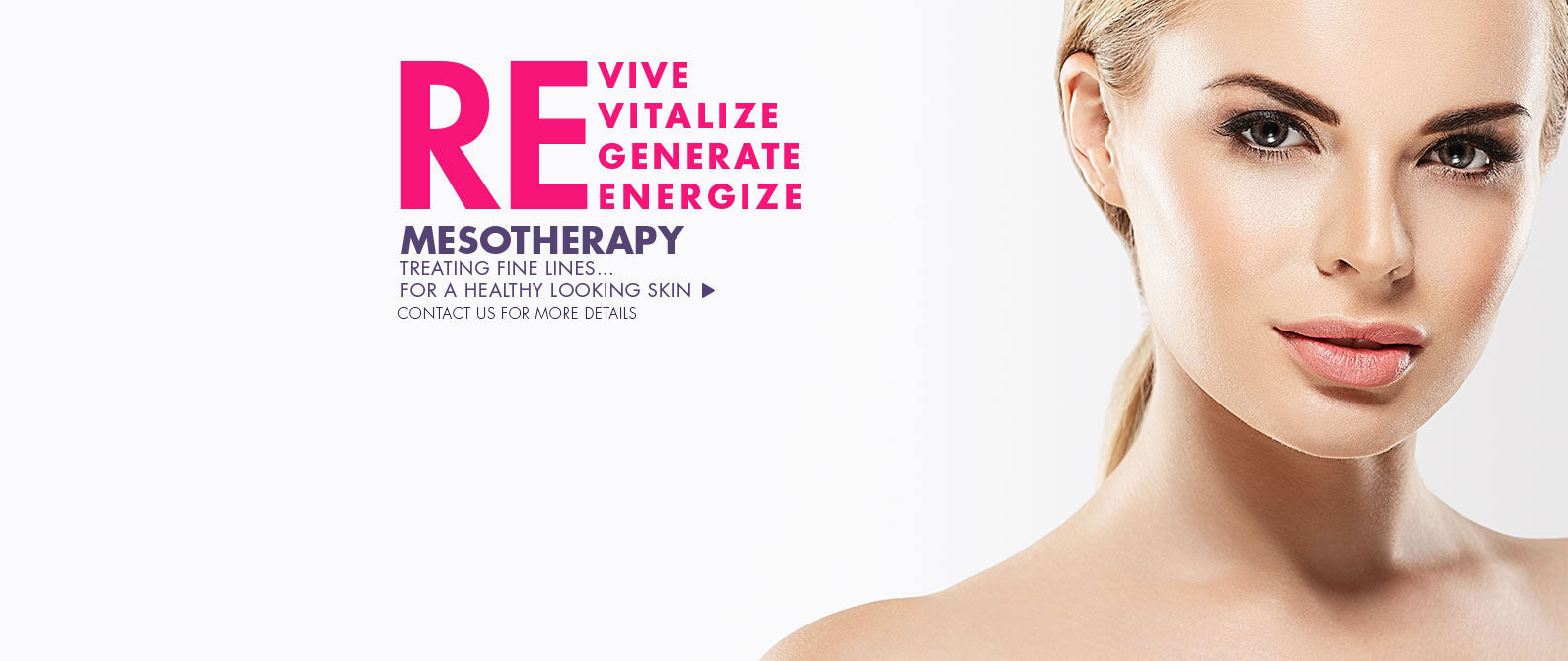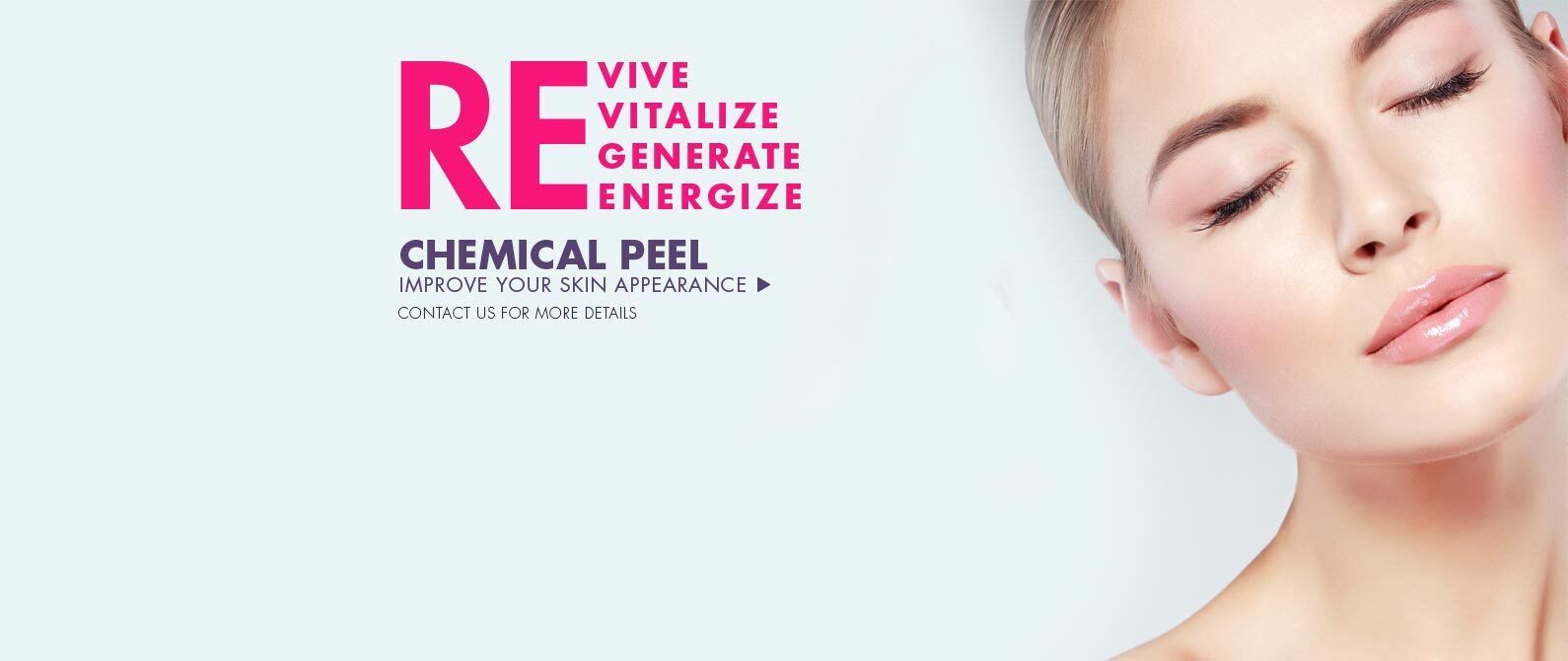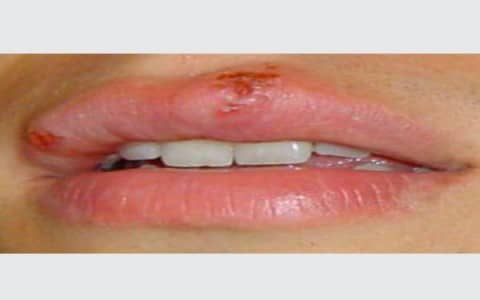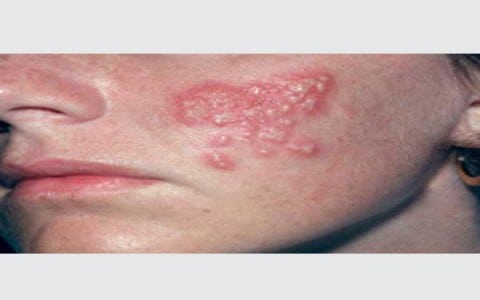The herpes viruses are extremely contagious and easily spread. Most people get the virus that causes oral herpes, HSV-1, during infancy or childhood. A kiss, cheek pinching, or other skin-to-skin contact from a person who carries the HSV-1 virus often is all that is needed to pass the HSV-1 virus to a child. The infected child may or may not develop herpes sores.
A person who has an active herpes sore also can spread the HSV-1 virus by sharing objects such as eating utensils, lip balm, or even a razor.
Genital herpes generally spreads through sexual contact. Most people become infected during sexual intercourse. If a sexual partner has a cold sore fever blister and perform oral sex, this can spread the HSV-1 virus, causing herpes sores on the genitals.
Infected persons also can spread the virus to unaffected parts of their own bodies by touching a herpes sore and immediately touching unaffected skin.
While a vaccine does not exist, an infected person can take precautions to prevent spreading the virus. If tingling, burning, itching or tenderness develops in an area of your body where you have had a herpes sore, keep that area away from others. When sores is present on the face, avoid kissing and sharing items such as utensils, towels and lip balms.
If you have genital herpes, avoid sexual contact with uninfected partners when you have sores or symptoms. At other times condom can reduce the risk of spreading the virus. It is important to know that while a condom can help, it is possible to spread the virus if it lies on nearby skin that a condom does not cover.










